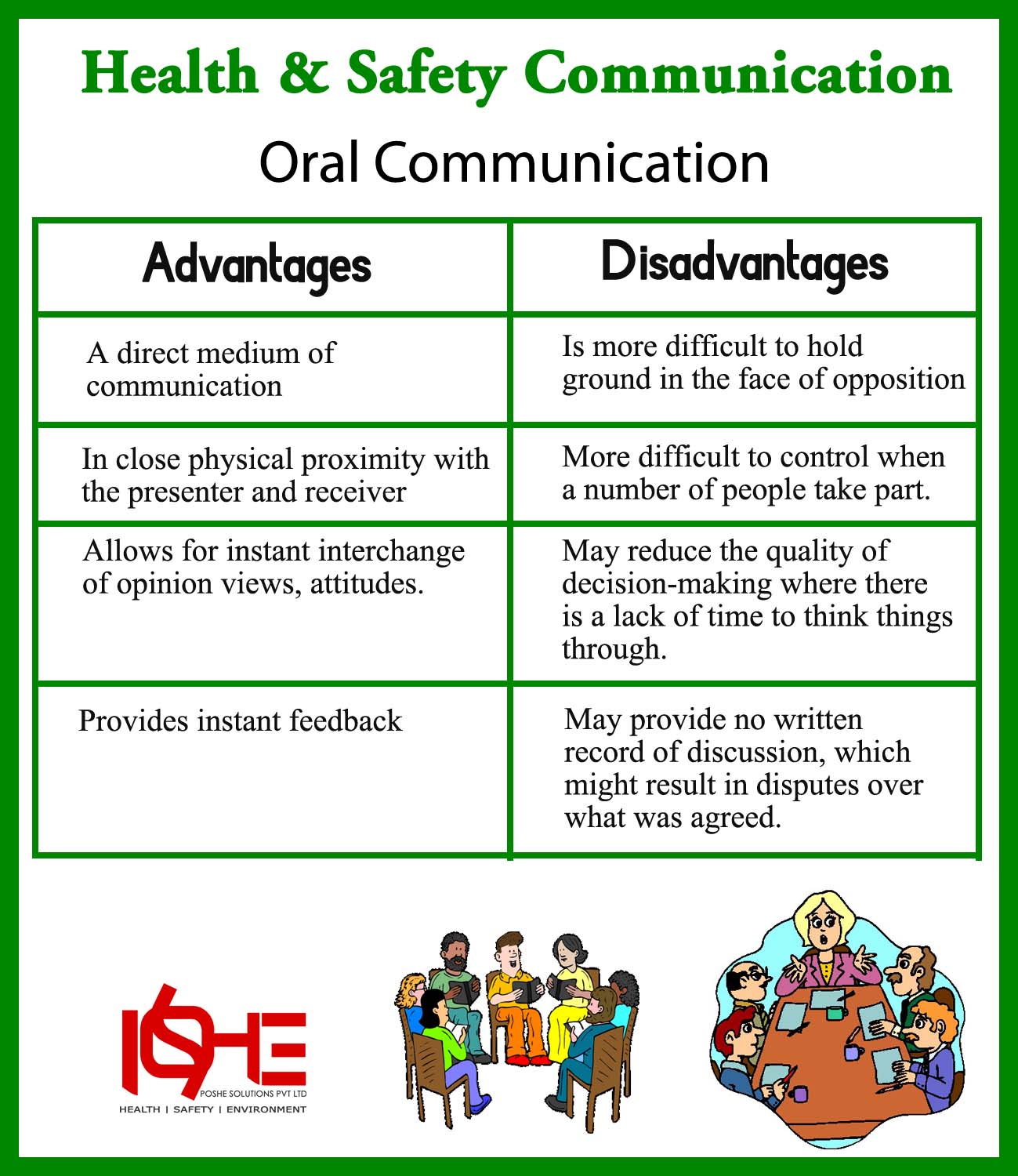Kamhi (2008) and Lass and Pannbacker (2008) made strong statements and claims regarding the OMI study group, continuing education, and SLPs they perceived as supporting nonspeech oral sensory-motor treatment.


Introduction. The objective of Section 1 is to address the basic elements necessary for the effective preparation, implementation and evaluation of training, with the aim of that training being “to get the message across”.




This lesson distinguishes between the various methods of communication used by managers, including interpersonal communication, nonverbal communication, written communication and oral communication.
ARCOS is a UK national charity, working to improve life for ren and adults who have communication, eating, drinking and swallowing difficulties.
Oral Communication – Meaning, Advantages and Limitations. Oral communication implies communication through mouth. It includes individuals conversing with each other, be it direct conversation or telephonic conversation.
Competence at this level will enable learners to participate effectively in oral communication in most situations. Learners at this level are aware of their audiences and purposes for communication. They are able to adopt the style and langua
Oral communication is the process of expressing information or ideas by word of mouth. Learn more about the types and benefits of oral communication, and find out how you can improve your own oral communication abilities.

Learners at this level are aware of their audiences and purposes for communication. They adapt their style and language register to the requirements of different situations.

Communication (from Latin commūnicāre, meaning “to share”) is the act of conveying intended meanings from one entity or group to another through the use of mutually understood signs and semiotic rules.


The Human Resources Institute offers courses for federal employees in Microsoft Word, Excel, Access, PowerPoint, Federal Budgeting, Communications, Leadership, and more.